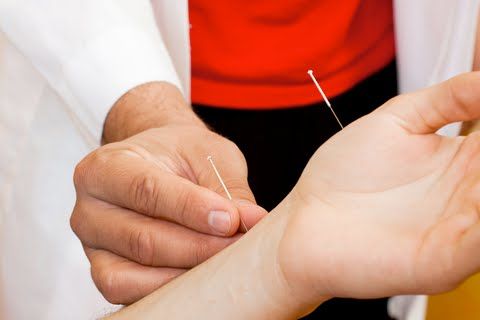
Premenstrual syndrome, also known as premenstrual dysphoric disorder, is an extremely common health condition affecting up to 75% of all women at some point during their life. PMS (or premenstrual disorder) causes extreme irritability, increased anxiety, or depression in the weeks or days prior to your next menstrual cycle begins.
Women suffering from premenstrual disorder may even need medication or therapy to help ease their symptoms
This condition is not a disease itself, but it is associated with many different conditions that can lead to a greater risk for developing premenstrual disease. For instance, premenstruation syndrome can be a sign that your estrogen levels are out of balance and your body is beginning to produce too much progesterone. Progesterone is a hormone that helps regulate menstrual flow. When progesterone levels become out of whack, it can cause mood swings and depression.
Another way that premenstrual disorder can occur is if your estrogen levels are in the normal range. However, something else is wrong in your body. Your body could have a hormone imbalance such as polycystic ovarian syndrome (PCOS) or endometriosis. These conditions can result in an overabundance of hormones that interfere with your normal menstrual cycles and interfere with the production of progesterone. Because of this, you may notice that your symptoms are worse than they normally would be before your premenstrual disorder begins.
It is not uncommon for premenstrual disorder to begin to take on a more severe form once menopause progresses. Often, the severity of this type of premenstrual disorder begins to decrease with age and as the body adjusts to a more normal level of progesterone. Some women find that their symptoms are so severe that it makes them feel depressed all year around and unable to enjoy life.
Fortunately, there are a variety of treatments available to help women who suffer from premenstrual disorder. Your primary doctor will likely prescribe one or more of the most common types of medication for this condition. These medications include oral contraceptives, hormonal pills, and antidepressants. Unfortunately, only a handful of women who take these medications are able to actually benefit from them. These women find that their symptoms return when their hormone levels return to normal.

There are also alternative options to consider, including aromatherapy and yoga
These types of remedies to help women cope with symptoms by relieving stress and relaxing muscles. It can be difficult to manage premenstrual disorder because of the stress that it causes. Aromatherapy and massage have been proven to be very effective in helping women manage these symptoms, both by relieving anxiety and depression.
Massage is especially useful for women who have more moderate cases of this condition. During a massage session, oil or gel is applied to the hands and/or feet to relax the muscles and release tension. This relaxing effect allows women to gain a sense of peace and calmness which can make them more receptive to treatment options.
When choosing an aromatherapy massage, make sure that you discuss the benefits of the method with your doctor. If you suffer from premenstrual disorder, it's best to choose an experienced practitioner who has been practicing for years and is familiar with the most effective methods of treating your premenstrual symptoms.
For more serious cases of premenstrual syndrome, aromatherapy can also be combined with other forms of treatment. The combinations available are extensive and can be very effective if used properly.
Women can also combine many different types of treatment to address their symptoms. In some cases, they may require a combination of aromatherapy along with hormone replacement therapy to achieve good results. Hormone replacement therapy works very well for many women who have mild to moderate premenstrual syndrome.
If alternative treatments don't seem to work, your doctor can recommend a surgical procedure. Although this may be your only option, it's important to discuss it with your doctor in order to find the best course of action for your particular case.

